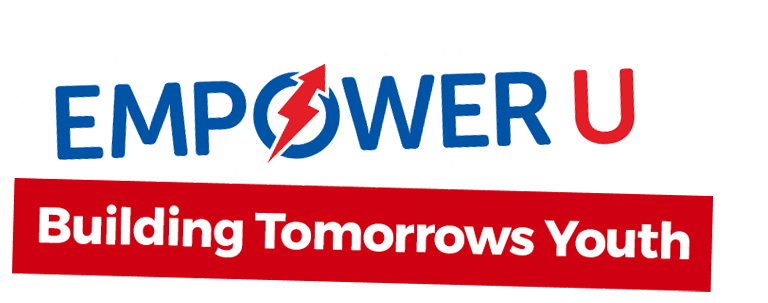Navigating the teenage years can be challenging, both for teenagers and their parents. One of the most common struggles is encouraging teens to take accountability, responsibility, and ownership of their actions and decisions. Brent Williams, Founder and Head Presenter at Empower U, sheds light on how teenagers can transform their mindset to take full ownership of their lives.
The Concept of Life as a Ladder
Brent introduces a compelling metaphor – life as a ladder. From birth until the end, we’re either climbing up or sliding down this ladder, based on our actions and decisions. The direction we move is significantly influenced by whether we operate above or below a metaphorical line.
Check out Episode 2 of The Empower U Podcast where we delve deeper into the concept of living above and below the line.
Playing Above the Line
To ascend the ladder, teens must play above the line, embodying three critical behaviors:
- Accountability: Accepting the consequences of their actions without shifting blame.
- Responsibility: Proactively managing their life and its outcomes.
- Ownership: Embracing their life’s entirety, including successes and failures.
Playing Below the Line
Conversely, descending the ladder is often the result of playing below the line, characterised by:
- Blame: Pointing fingers at others for one’s circumstances.
- Excuses: Justifying inaction or failure.
- Denial: Refusing to accept the reality of their situation.
The Outcome Matters
Brent emphasises that the distinction between right and wrong is less important than the outcome of one’s actions. The crucial question teens should ask themselves is whether their behavior serves their growth and well-being. This simple yet profound perspective shift can help teens evaluate their decisions and actions more effectively, encouraging them to act in ways that are beneficial to their development.
Taking Ownership
Taking ownership means more than just admitting when you’re wrong; it’s about actively shaping your life through conscious decisions. Teens are encouraged to reflect on whether their actions, ethics, and the people in their lives contribute positively to their growth.
Empowering teenagers to take ownership of their lives is a transformative process. By understanding the importance of playing above the line, teens can learn to make choices that propel them up the ladder of life. It’s not just about avoiding negative behaviours but actively choosing paths that lead to personal growth and success.
Personal Development and Life Skills for Teenagers
Ready to dive deeper into personal development and take control of your life? Download our free Empower U program guide to learn more about our seminars designed specifically for teenagers and young adults. Discover how Empower U can help you or your teenager navigate the complexities of adolescence with confidence and ownership. Download the guide now and start your journey towards empowerment.


 Empower U
Empower U Empower U
Empower U
 Empower U
Empower U Empower U
Empower U Empower U
Empower U